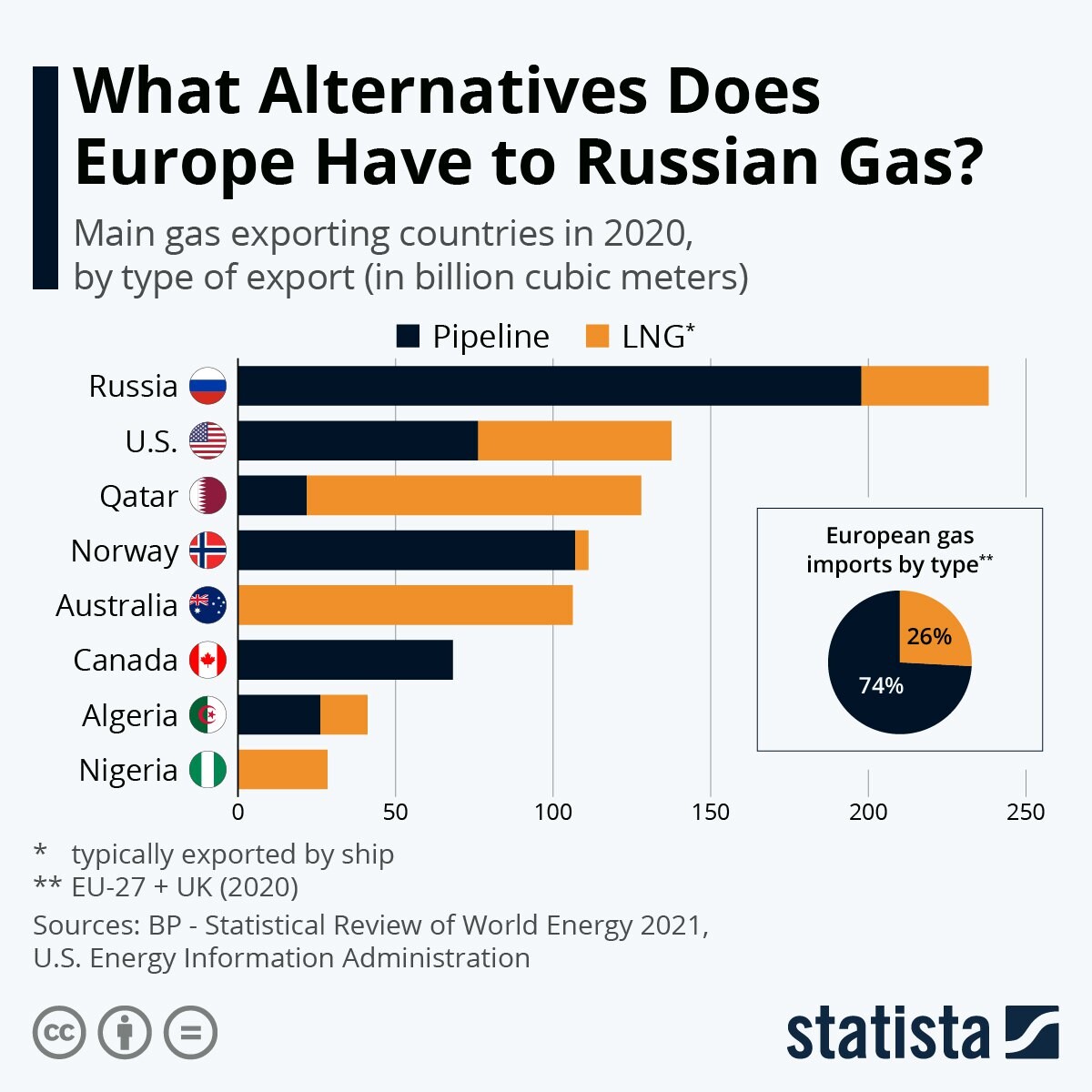
Russian authorities might limit gasoline exports to stabilize prices

Participants in the fuel market are currently discussing the possibility of imposing a ban on gasoline exports for domestic producers through October of this year. Sources within energy sector circles indicate that these discussions are currently being held at the level of the Federal Antimonopoly Service (FAS). The question arises: why has this issue become relevant now, how likely is such a moratorium to be implemented, and what potential consequences could it have?
Concerns about gasoline shortages and rising costs traditionally intensify during the summer months, and this season has proven to be no different. There are several factors contributing to the potential consideration of a ban on gasoline exports for Russia`s vertically integrated oil and gas companies.
According to insider information, the Ministry of Energy raised concerns about the sharp increase in exchange prices with oil companies late last week. Although quotes have slightly decreased since then, they remain generally high, while volumes traded on the exchange have fallen. Simultaneously, demand at retail gas stations has surged, compelling oil companies to divert more fuel to their own outlets and reduce deliveries to the exchange. Among the reasons cited for the current market dynamics is that many companies are scheduled for maintenance work in September. A temporary halt on gasoline exports could potentially help address these challenges.
Officially, however, the Ministry of Energy has refuted claims of proposing such an initiative. Their statements assert that Russia`s current fuel reserves are near historical record levels, indicating no fundamental reason for a significant price hike.
«Typically, summer sees increased demand for fuel from the agricultural sector, as well as higher activity from motorists, including tourism,» states a comment from the ministry. «The current fuel market situation is stable. Gasoline and diesel fuel reserves are close to historical highs, guaranteeing uninterrupted supply to the domestic market.» The Ministry of Energy emphasizes that it continues to monitor the situation but maintains that «the industry is fully prepared for seasonal demand increases, and no shortage of petroleum products is anticipated.»
So, could a ban on gasoline exports from the country truly be implemented, and what effects would such a decision have? «MK» sought commentary from Natalia Milchakova, a leading analyst at Freedom Finance Global.
Q: There is discussion in Russia about a complete ban on gasoline exports for the largest vertically integrated oil and gas companies until the end of October this year. What is the current status of gasoline exports?
A: Currently, only oil traders, oil depots, and companies producing less than 1 million tonnes of petroleum products annually are prohibited from exporting this raw material. If a decision is made to extend this measure to major players, the leaders of the oil and gas industry will likely react negatively.
Q: Then why and for whom is this ban initiative being considered?
A: In our view, the government is proposing this step as an additional means of controlling inflation, alongside the monetary policy measures taken by the Central Bank. Officials apparently believe that administrative restrictions can effectively halt the increase in gasoline prices.
Q: Is this really the anticipated outcome?
A: On one hand, implementing this proposal in the short term would likely lead to increased supply on the domestic market and help curb price growth. On the other hand, it would mean that producers, unable to sell petroleum products profitably abroad, might reduce gasoline production. This could result in a domestic shortage, which would then support prices. Furthermore, in this scenario, the largest oil companies would likely pressure the government to take measures to weaken the ruble. A weaker ruble could become a significant inflationary factor itself, potentially offsetting the positive impact of increased domestic gasoline supply.











